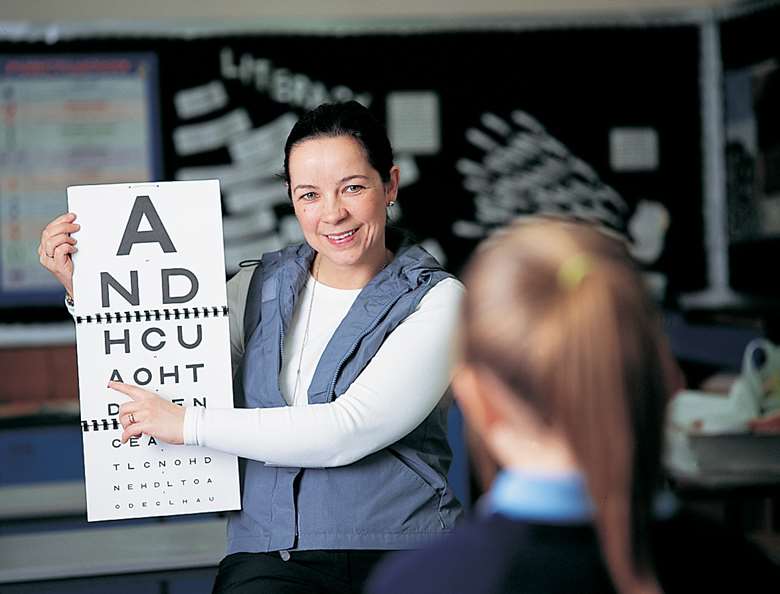Charities urge extra early years support for visually impaired children
Lauren Higgs
Thursday, February 21, 2013
Children with visual impairments should be given increased access to early years support, to prevent them from underperforming at school in the future, a report has claimed.

The study by the Royal London Society for Blind People (RLSB) and the Royal National Institute of Blind People (RNIB) analysed data in the Millennium Cohort Survey of 19,000 children born in 2000.
It uncovered “worrying differences” between children with sight impairment and their peers relating to success at school, financial hardship and social inclusion.
The report found that children with sight loss were three times more likely to be rated by their teachers as reading at “below” or “well below” the average level at age seven.
Teachers warned that fewer than six in 10 children with a visual impairment had at least one good friend, compared with eight in 10 children without any sight loss, while twice as many children with a visual impairment said they are bullied “all of the time” at school.?
Children with sight loss were also twice as likely as to have emotional, concentration or behavioural difficulties, compared to “fully sighted” children.
On top of this, children with sight impairment and an additional disability were found to be particularly at risk of poor emotional, social and educational outcomes, with 50 per cent living in households that have a weekly income below £300.
These children were also more likely to dislike school, to believe that their teacher “never” thought they were clever, to say they were bullied at school all of the time, and to say they never felt safe in the playground.
Tom Pey, chief executive of the RLSB, argued that evidence shows boosting early years support for children with sight loss helps improve educational and social outcomes at primary and secondary school.
“Progress has been made in improving many young lives, but this report demonstrates that we still haven’t got it totally right,” he said. “Experiences in your early years have a huge significance on the rest of your life.”
Julie Jennings, head of RNIB’s children, young people and families team, argued that sight loss has a significant effect on early childhood development.
“The report comes at a time when many local authorities are reducing specialist educational support services to blind and partially-sighted children,” she said.
“This is of great concern as the results of the survey indicate that these children are more likely than other children to experience economic disadvantage, which in turn is linked to poor educational outcomes.
“Early intervention and ongoing support from specialist teachers and other professionals are key to reducing the risk of poor social, emotional and educational outcomes for children and young people with vision impairment and in helping them to reach their full potential.”




